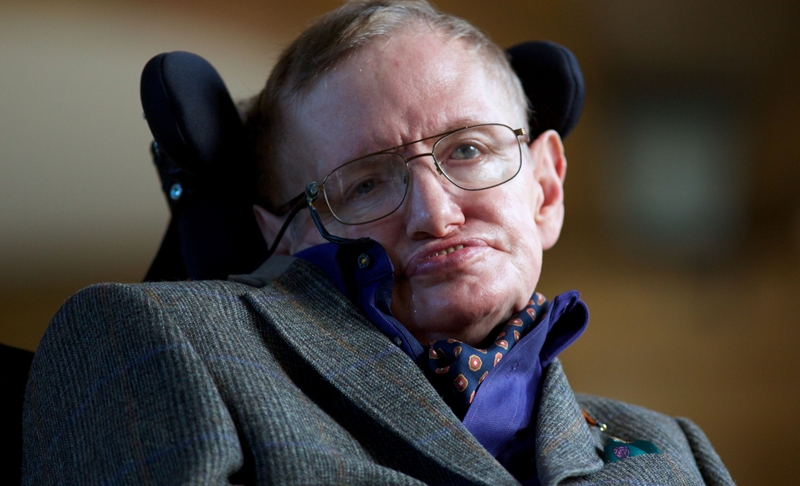Stephen Hawking, whose full name was Stephen William Hawking, was a renowned cosmologist, English theoretical physicist, and author. He served as the director of research at the Centre for Theoretical Cosmology at the University of Cambridge. Born on January 8, 1942, in England, Hawking came from a family with a strong academic background; his father was a research biologist, while his mother was involved in medical research. He died at the age of 76 on 14 March, 2018.
Hawking dedicated his life to science, making significant contributions to our understanding of black holes, singularities, and other fundamental concepts in cosmology. On the occasion of his birth anniversary, let’s learn more about this legendary figure, his life, and his remarkable contributions to the field of science.

Stephen Hawking | X
Who was Stephen Hawking?
Stephen Hawking, the late legendary scientist, was born into a family of physicians in England and became the most recognisable scientist of modern times. He grew up in St Albans as the eldest of four siblings. Hawking was drawn to physics and mathematics as a student because he believed they offered the most fundamental understanding of the world.
He completed his undergraduate degree in Physics at University College, Oxford, in 1962, and went on to earn his PhD from Trinity Hall, Cambridge, in 1966. At Cambridge, he served as a research fellow and later as a professor. In 1974, he was inducted into the Royal Society, a prestigious fellowship of scientists, and in 1979, he was appointed as the Lucasian Professor of Mathematics at Cambridge.
His contributions
In early 1963, the renowned scientist Stephen Hawking was diagnosed with an incurable degenerative neuromuscular disease known as amyotrophic lateral sclerosis (ALS). Despite this challenging diagnosis, Hawking transcended the limitations of his disability by training his mind to function in a unique way.
One of his most significant contributions to science was his work on black holes, which reshaped our understanding of the universe. Hawking proposed the theory of singularity, suggesting that the universe began as a singularity where the gravitational field is infinitely strong.
His research on black holes helped support the idea of the Big Bang as the origin of the universe. Hawking worked with mathematician Roger Penrose and discovered that black holes and the Big Bang are analogous, with the theory describing the Big Bang also applying to black holes in a reverse context.
